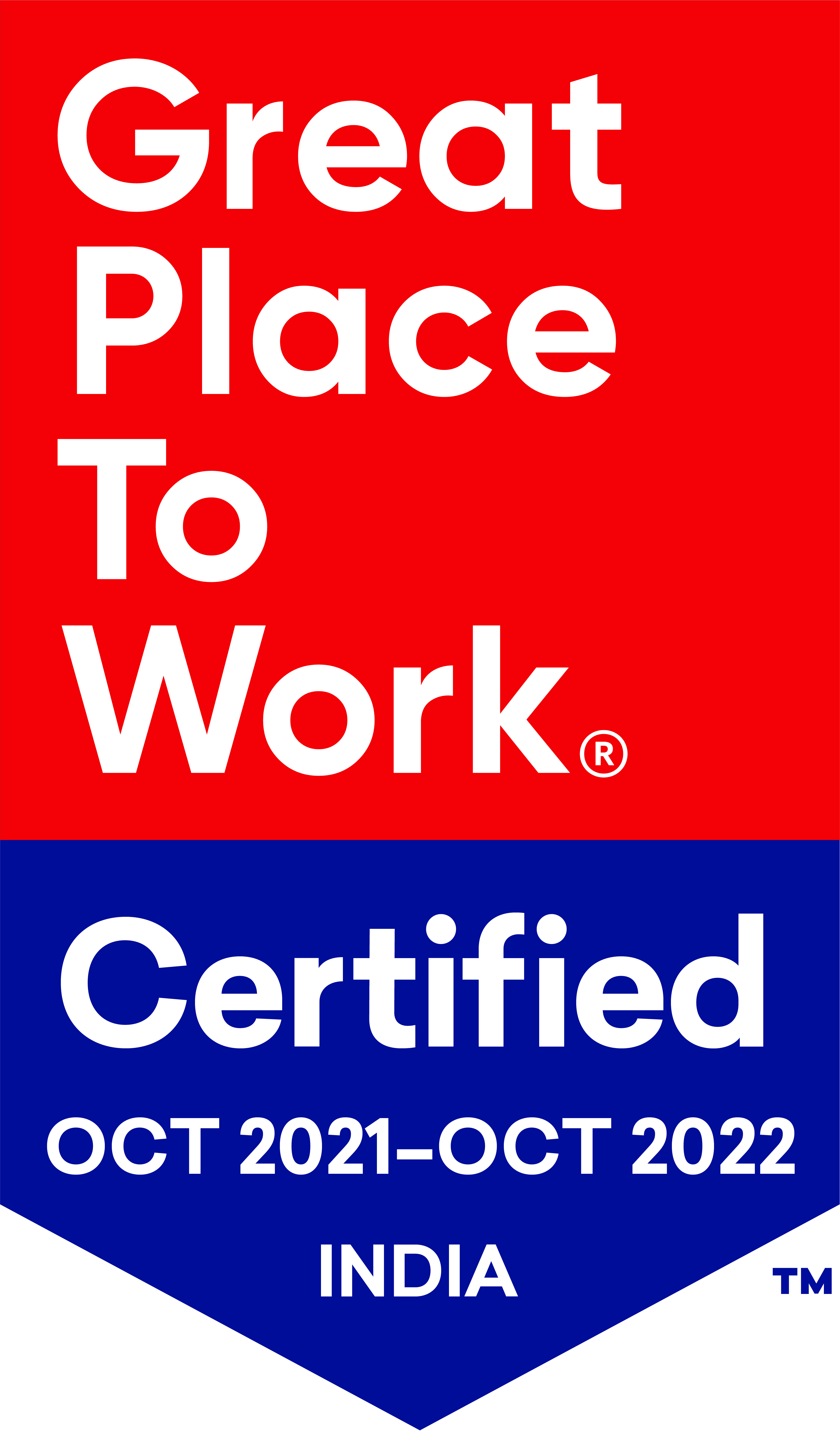Protecting rights of people who use drugs in India
New Delhi: Worldwide an estimated 16 million people inject drugs, and three million of them are living with HIV. In India, HIV prevalence in this group is 24-times that of the general population. Though progress has been made, the HIV epidemic continues to be fuelled by stigma, discrimination often experienced by the community together with the laws, policies and practices that impose harsh penalties on people who use drugs.
Society perceives drug users as criminals and a threat to society. This makes it difficult for people who want to reach out to them to build rapport and trust. It has stigmatized a large number of people, impeding their access to lifesaving health services that are proven to prevent HIV infections and reduce harms related to injecting.
December 10th is observed by the United Nations as International Human Rights Day. India HIV/AIDS Alliance joins the global advocacy campaign calling for protection and fulfilment of the human rights of all people in the world including vulnerable communities through solidarity marches today in Patna (Bihar), Panchkula (Haryana) and Rudrapur (Uttarakhand). With the participation of over 100 stakeholders from government, media, international agencies, law enforcement agencies, people who use drugs, and civil society, these solidarity events called for protection of human rights of people who use drugs and access to health and legal services without discrimination.
The marches were organised by the Hridaya programme. Hridaya helps build the capacity of service providers, makes harm reduction programmes more gender-responsive, improves access to services and advocates for the rights of IDUs. In addition to providing services, Hridaya has a strong capacity building component to support advocacy, knowledge management and improved services for people who use drugs.
In India, the lack of access to services can effectively be a death sentence for people who inject drugs. While some parts of the country, especially the Northeast, have a range of services for this population, most other states have inadequate access.
“Drug users are dying for the need of treatment for a variety of health problems, including Hepatitis C, HIV and overdose. Some of these services remain controversial and not part of India’s basic service package, while others are often not available in areas of need,” said G Charanjit Sharma, Programme Manager, Hridaya, India HIV/AIDS Alliance.
State AIDS Control Society officials, affirmed the need for effective services for people who inject drugs, reflecting India’s prioritization of this population in the national HIV response.
Expressing solidarity with the campaign, Sonal Mehta, Director, Policy & Programmes, India
HIV/AIDS Alliance said, “Protection and fulfilment of the human rights of vulnerable communities are at the core of India HIV/AIDS Alliance’s work. Rather than demonizing people who use drugs, we should humanize them. Rather than jailing them, we should get them the treatment they need. Rather than punishing them, we must support them.”
Other Recent Articles
- The COVID-19 pandemic through a transgender person’s lens 20 May, 2021
- The first-ever National Transgender Summit reaffirmed the rights of the transgender community 16 April, 2021
- Our Reflection on World Health Day 2021 7 April, 2021
- Vihaan Care and Support Programme Review Meeting 6 April, 2021
- Never too late to save one more life 25 March, 2021
- Ensuring ART adherence among the discordant couple 12 January, 2021
- Providing counselling and support to decrease loss-to-follow-up among PLHIV receiving ART 29 December, 2020
- Human Rights & Faith for People Who Use Drugs in Times of Pandemic 21 December, 2020
- Walking the talk: Making services community-led in India’s HIV response 21 December, 2020
- Press Release: The Launch of Faith For Harm Reduction Manual 19 December, 2020
- Made by Nicdark - Copyright 2020
- donations@ong.com
- volunteers@ong.com
- contact@ong.com
India HIV/AIDS Alliance
A not-for-profit Section 8 Company with Registration No: U85310DL1999NPL098570
Contact
-
6, Community Centre
Zamrudpur Kailash Colony Extension
New Delhi – 110048 - +91-11-4536-7700
Download
Quick links
©2021 All Rights Reserved by Alliance India



Leave a Reply